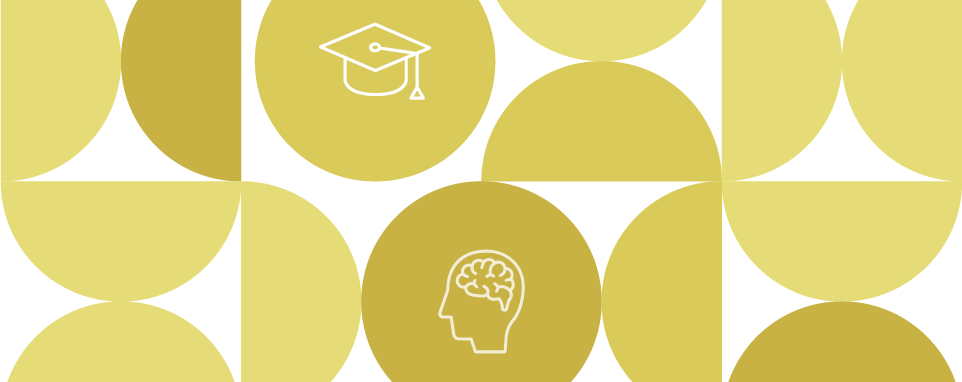
When you think about technology in the classroom, what comes to mind? Over the last three years of the COVID-19 pandemic, digital learning has accelerated –virtual calls, online collaboration and the more frequent utilization of educational technology (edtech) platforms are all normal components of classroom learning today. Edtech has certainly proliferated over the last few years, from testing platforms to adaptive learning applications, gamification and AI-enabled personalized learning platforms, this technology has presented new depths of student data to teachers, allowing them to adapt their practice to the evolving needs of each individual student in their classroom. However, whilst in some cases the promise of digital learning is being met, there are a number of use cases that have shown the impact of technology on student learning to be mixed at best
In 2020, the WISE Edtech team decided to launch Qatar’s first edtech testbed in Education City, Doha in an effort to determine how technology can be better leveraged for the blended space and understand what works, why, and ways to ensure effective learning through technology at scale. With that said, testbeds are notoriously difficult to manage; juggling the expectations of multi-level stakeholders and delivering research, building an ecosystem of entrepreneurs, practitioners and education specialists is no easy feat to undertake.
The objective of this report is therefore to share the WISE journey toward building a cohesive ecosystem where educators and entrepreneurs can work together toward shared goals of learning innovation and design. This research also outlines key lessons from the pilot phase of this initiative, along with the beginnings of a roadmap to help other stakeholders create similar environments where innovation, testing and experimentation be supported.


